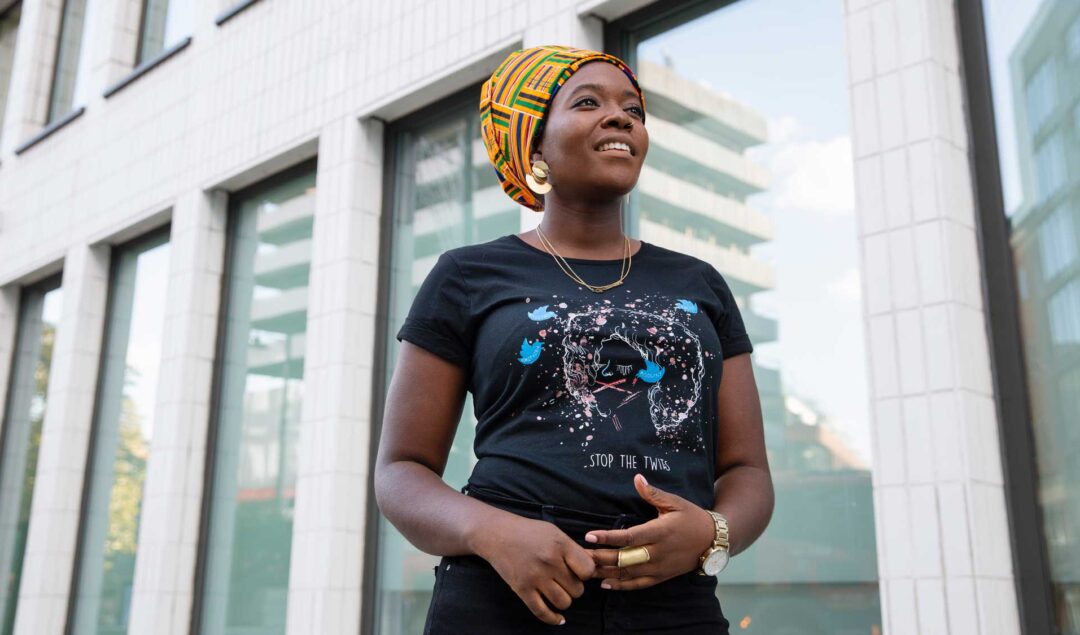This CEO Is Fighting Against The Bullying Black Women Experience Online

Black women are 84% more likely to be abused on social media than white women, according to a 2018 Amnesty International study.
By 2020, further research by Glitch, a UK charity committed to ending the abuse of women and marginalized people online, found that online abuse against women disproportionately impacts Black women, non-binary people, and women from minoritized communities, all of whom were more likely to feel like their complaints to social media companies were not adequately addressed. Black women in the public eye bear the brunt of online trolling.
Seyi Akiwowo, the founder of Glitch charity, received a flood of abuse when a video of her speech at the European Parliament went viral in 2017, an experience that led to the creation of her charity.
The charity focuses on protecting women and marginalized people from online abuse.
The CEO’s recently released book How To Stay Safe Online is a toolkit for aiding digital self-care and a guide to allyship.
Her book, released on August 25, is both practical and personal, bringing in Akiwowo’s personal stories alongside interviews from influential voices in tech accountability and digital activism with tips for how we can all do our bit to make online spaces safer for everyone.
I wanted to inspire a generation of people to reclaim their online spaces
Speaking to Refinery about the new release, she said: “I wanted to inspire a generation of people to reclaim their online spaces, reclaiming their internet and pushing institutions, tech companies, and governments to do more for their digital rights.”
“I basically see this book as a helpful guide for anyone looking to support themselves online or support somebody else, whether your parent, sibling, teacher, employer, agent, or publicist, and you want to know how you can be there for your friend or your colleague, and help them build their online presence from a more secure and safe way,” she adds.
“My focus or container has always been women, particularly Black women because that’s the perspective I write from and I focus on because we are under-researched and we are under-resourced,” Akiwowo went on to say.
“The reason why [How To Stay Safe Online] is centered around Black women, and a Black feminist perspective is because women are most likely to be abused online. And therefore, if you focus on online safety measures for just white women or white men, you’re going to completely forget or erase the safety measures that are [specifically] needed for Black women,” she adds.



